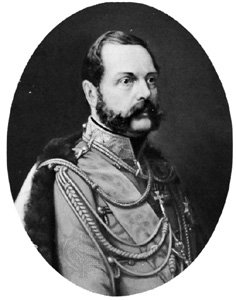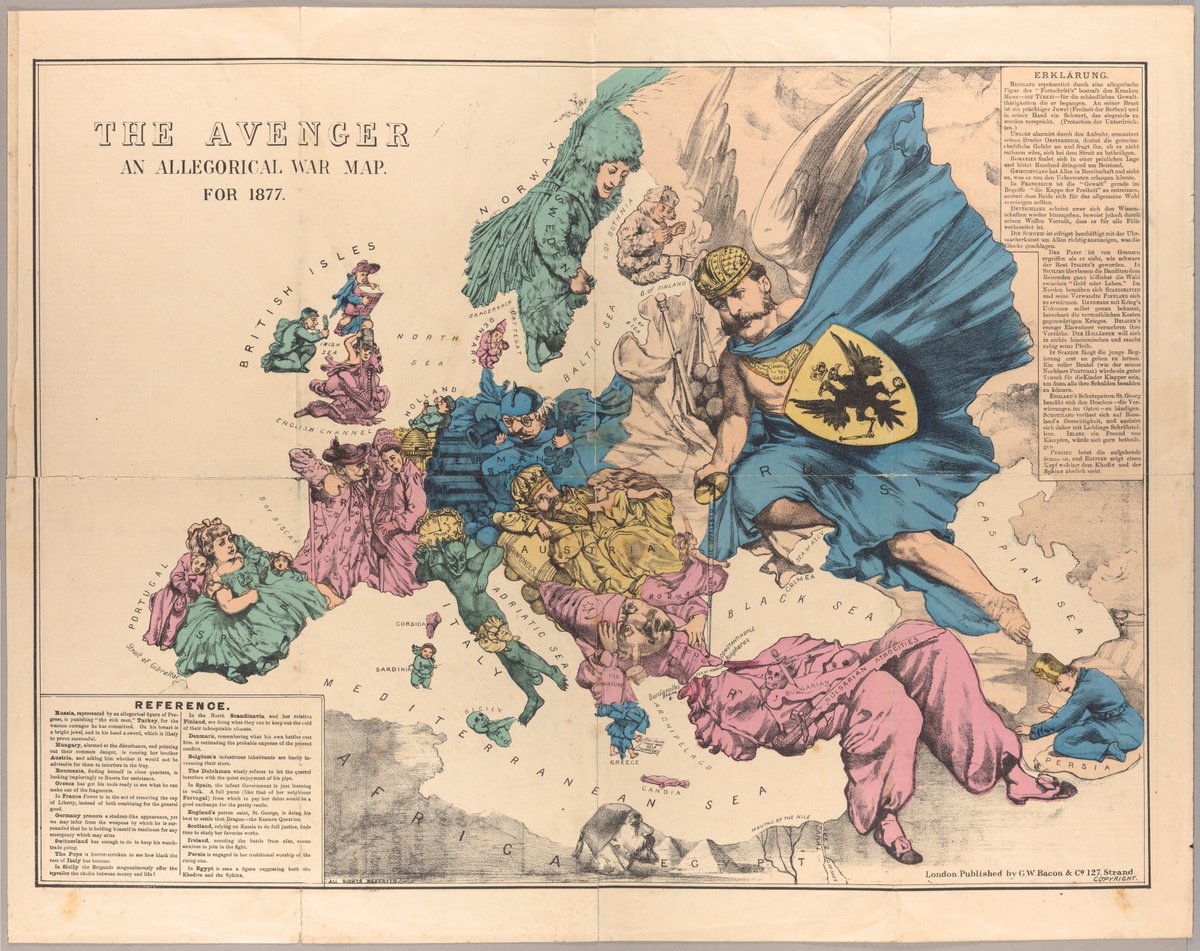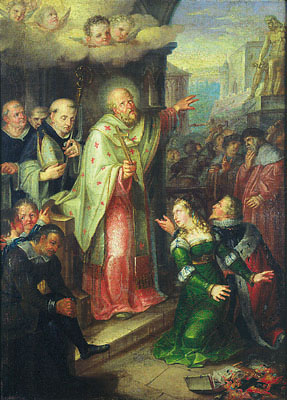
A new monarch inheriting a mighty nation on the verge of an embarassing defeat, a reformer who reformed too much or too little and an assassination to end all of it.
Story of the evening ...
Story of the evening ...
https://twitter.com/Arby_K/status/1361503203943059457
Aleksándr Nikolayevich was born in 1818 to Nikolai Pávlovich and Princess Charlotte of Prussia. His uncle's death in 1825 brought his father, Nikolai, to the Russian throne. The young Tsarevich grew in a Europe of revolutions, exposed to ideas not common for Russian princes. 1/10 

Emperor Nikolai saw the beginning of the slow end of the Ottoman Empire as the Balkan states broke away from it, at times with Russian help. The occupation of Danubian principalities by Russia in 1853 saw Ottomans declare war against Russia. Russia responded in strength. 2/10 

The French and the British allied with the Turks and landed in Crimea. As Russians struggled against the better equipped opponents, their Emperor died and Aleksándr became the new Tsar. The defeat at Crimea limited Russian resources, but it was offset by other acquisitions. 3/10 

By 1864, Aleksándr had completed the conquest of the Caucasus and enlarged his Empire. He had also made the most path breaking social reform of his reign by then - the emancipation of the serfs in 1861. He was setting out to carry out the reforms his uncle couldn't do. 4/10 

But the reforms had an undesired impact. The liberal rule in Russia led to an uprising in Poland, which had been ruled separately by the Russian Tsars since 1815, and would lead to its annexation. An assassination attempt in 1866 would result in the slowing of reforms. 5/10 

1866 also saw Prussia defeating Austria in battle, entering the final stages of reunification of Germany. Aleksándr's uncle, Wilhelm, was the King of Prussia and gave tacit support to the Prussian cause. In 1867 worried about British threat, Aleksándr sold Alaska to the US. 6/10 

The creation of the German Empire in 1871 with Wilhelm at its helm gave his nephew a boost. This helped Aleksándr overcome the limitations set after the defeat in Crimea. Soon, Aleksándr was back in the hunt for Constantinople. 7/10 

The Russians led a coalition of Balkan semi independent princes against the Ottomans. As Europe watched Aleksándr's progress to the Ottoman capital, the British finally intervened sending battleships to support the Ottomans. This brought Russia back to the drawing board. 8/10 

The Treaty of Berlin created new nations in the Balkans and brought back some old ones. The Ottomans were headed for their last leg. But Russia had very little to show for it, as Austria-Hungary continued to exert pressure in the region. 9/10 

Having freed the serfs, there were lot of expectations about the reforms from Aleksándr. While he did reorganize the judiciary and bring about more reforms, many were left unsatisfied. Having survived many attempts against his life, he finally met his death in 1881. 10/10 

• • •
Missing some Tweet in this thread? You can try to
force a refresh















